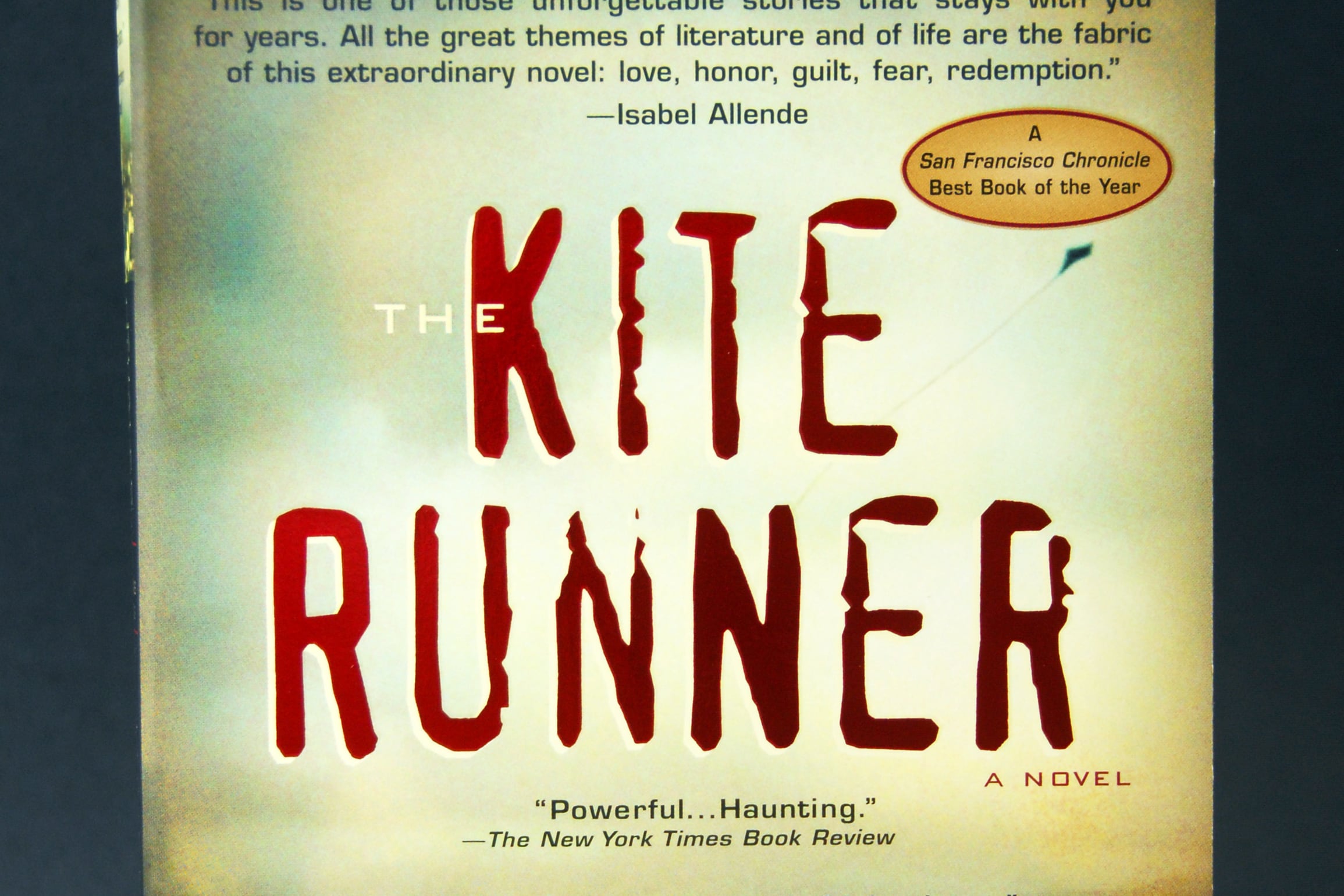Sign up for Chalkbeat Colorado’s free daily newsletter to get the latest reporting from us, plus curated news from other Colorado outlets, delivered to your inbox.
Nine months after being removed, 18 banned books were returned to library shelves in Colorado’s Elizabeth school district this week, following a federal judge’s order.
While the lawsuit over the books’ removal by the school board has yet to be resolved, the books will be available to students for the time being.
The return of the books, which include titles like “Beloved” and “The Bluest Eye” by Toni Morrison and “The Kite Runner” by Khaled Hosseini, came after months of resistance from district officials, who were originally ordered to return the books to school libraries by March 25.
They staved off the order twice, but on Monday the 10th Circuit Court of Appeals endorsed Judge Charlotte Sweeney’s earlier order to return the books. On Thursday, Sweeney ordered the district to confirm by Friday at noon that the books had been returned. The district did so by filing a court document certifying its compliance.
The saga of the banned books, which are primarily by or about LGBTQ people, people of color, or both, began last summer when the district in conservative-leaning Elbert County decided to pull 19 books from library shelves because of content school board members deemed “disgusting” or otherwise inappropriate.
One of the books, “Speak” by Laurie Halse Anderson, was part of the library collection, but had been checked out and never returned. The title wasn’t among the books returned to library shelves this week, according to the district’s Friday legal filing.
In December, the American Civil Liberties Union sued the district, arguing the book removals violated federal and state free speech protections. The plaintiffs in the case include two district students, a chapter of the NAACP, and the Authors Guild, a professional organization for writers.
Since the lawsuit was filed, much legal energy has been spent on the question of whether the books should be available to students while the lawsuit proceeds. District officials have argued against that, and, in fact, threw out the books after removing them.
Elizabeth officials did eventually bring the books back to the district after a local donor provided paperback copies of the removed titles. That donor, Republican gubernatorial candidate Greg Lopez, stipulated that only plaintiffs in the case, not the general student body, could have access to the books. That donation appeared to be part of a legal strategy that allowed the district to argue that it wasn’t violating the plaintiffs’ First Amendment rights as the lawsuit claimed, since the books were available to them.
A law firm affiliated with the ACLU case also donated a set of the removed books to the district, but the school board rejected all but one book. They agreed to keep “#Pride: Championing LGBTQ Rights,” but decided it would remain in Superintendent Dan Snowberger’s possession, rather than go on library shelves.
Ann Schimke is a senior reporter at Chalkbeat, covering early childhood issues and early literacy. Contact Ann at aschimke@chalkbeat.org.







